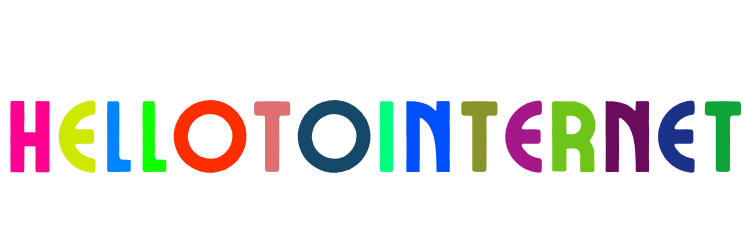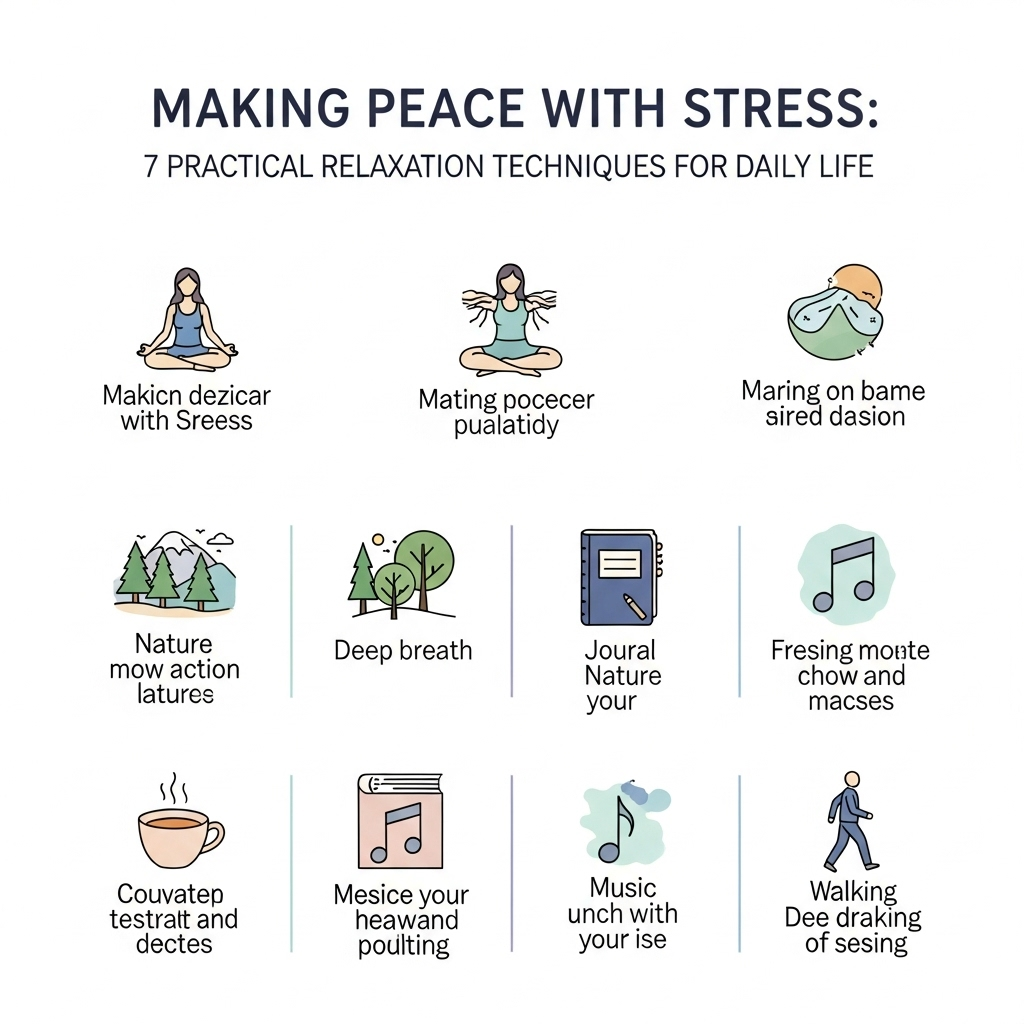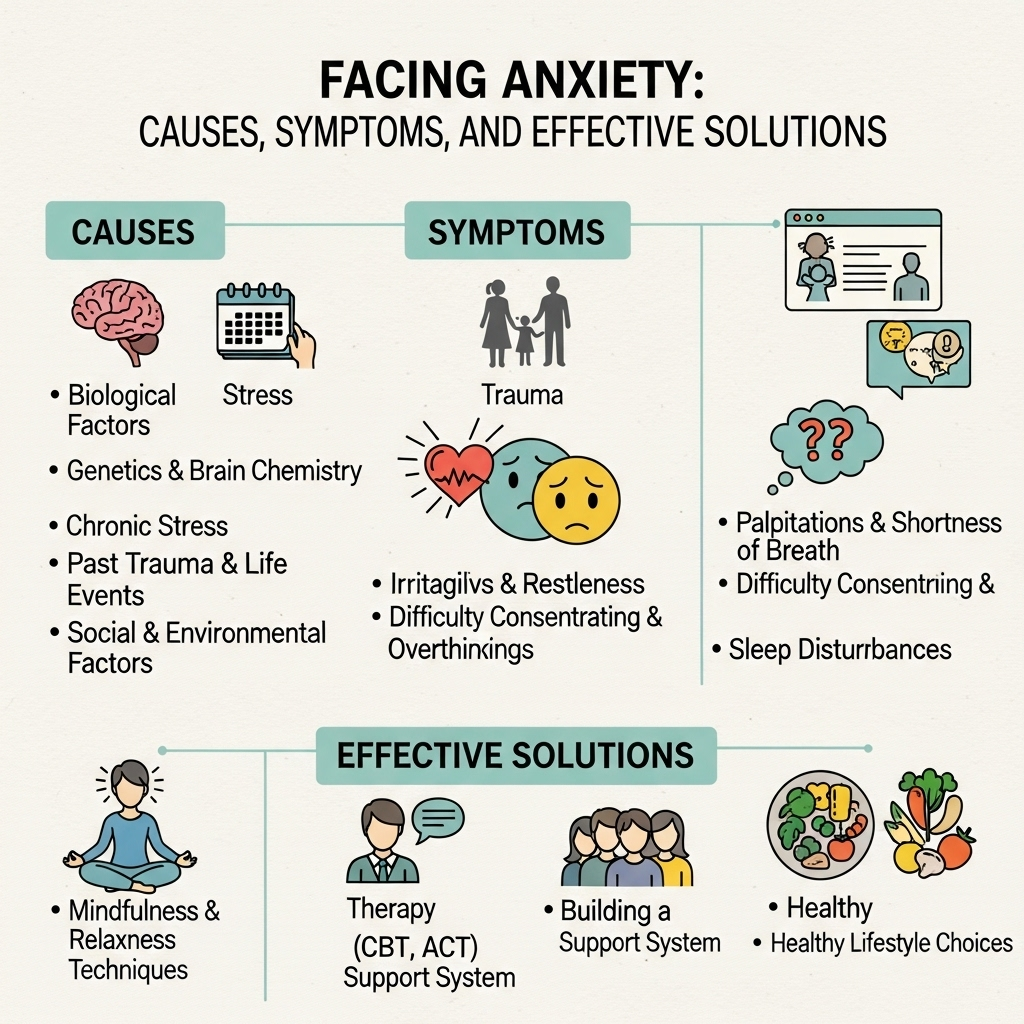Digital Detox 2025: How to Reclaim Your Focus in a Noisy World
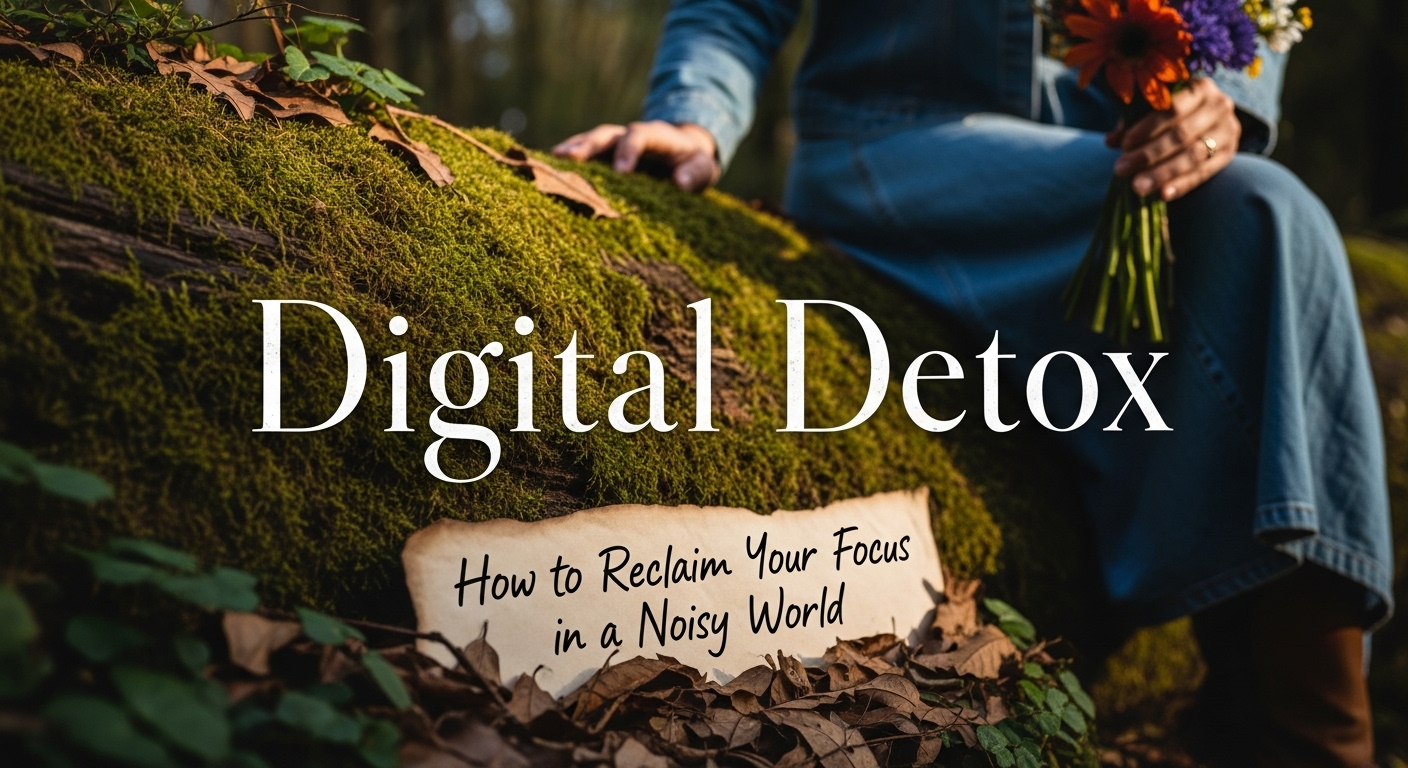
Introduction: Living in the Age of Constant Noise
We live in an era where silence has become a luxury. Notifications ping every few seconds, algorithms compete for our attention, and even our moments of rest are invaded by screens glowing in the dark. In 2025, digital life has reached a point where the average person checks their phone over 150 times a day, spends seven to nine hours online, and often feels anxious without constant digital stimulation.
While technology has empowered us with access to infinite knowledge and global connectivity, it has also fractured our ability to focus, reflect, and simply be present. That is why the concept of digital detox has gained more urgency than ever. Far from being a trendy buzzword, digital detox in 2025 is becoming a survival skill—a way to reclaim mental clarity in a noisy world.
This article explores what digital detox means today, why it matters, and how you can take actionable steps to unplug without disconnecting from life.
The Rise of Digital Overload
When smartphones first emerged, they promised convenience and efficiency. Fast-forward to today, and they have become extensions of our bodies. Social media, streaming platforms, and endless feeds keep us hooked with dopamine-driven design.
- Information Overload: Every day, humanity creates over 328 million terabytes of data. Our brains are bombarded with more information in a week than our ancestors processed in a lifetime.
- Attention Economy: Companies compete to capture and monetize our focus. The average TikTok video is just 15 seconds long, conditioning us to crave shorter, faster stimulation.
- Mental Health Costs: Studies show strong links between excessive screen time and anxiety, depression, and insomnia. Sleep disorders are rising, especially among Gen Z and Millennials.
We are not just using technology—it is using us. That realization has sparked a new wave of intentional living, leading to the popularity of digital detox practices.
What Does Digital Detox Really Mean in 2025?
Digital detox isn’t about abandoning technology completely. After all, most of us rely on it for work, communication, and even health. Instead, it’s about:
- Mindful Use: Choosing when, how, and why you engage with digital tools.
- Boundaries: Setting limits around screen time and creating phone-free spaces.
- Restoration: Giving your brain time to recharge and process thoughts without constant input.
- Balance: Reconnecting with offline life—nature, relationships, hobbies—that nurture your well-being.
Think of it as a reset button. Just like your body needs detox from unhealthy food, your mind needs detox from endless digital noise.
Why 2025 Is the Year of the Digital Detox
Several factors make digital detox especially relevant now:
- AI & Hyper-Personalization: With AI curating feeds tailored to your deepest interests, escaping digital loops has become harder. Detox is a conscious act of breaking those cycles.
- Remote Work Culture: Hybrid and remote jobs keep us tethered to screens for 10+ hours a day. Without boundaries, work-life balance vanishes.
- Rising Burnout Rates: WHO recognized burnout as a global epidemic. Digital overload is one of its root causes.
- Post-Pandemic Awareness: After years of being “always online,” people are craving real-world experiences—travel, community, and face-to-face interaction.
2025 is not just about managing technology; it’s about reclaiming human focus, creativity, and authenticity.
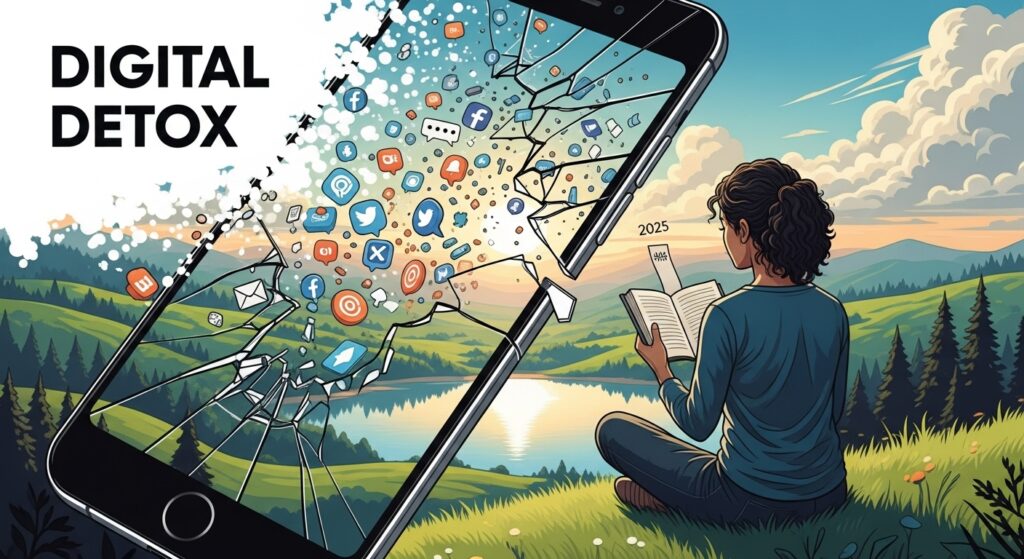
The Science of Digital Detox
Detoxing isn’t just a lifestyle choice; it’s backed by neuroscience.
- Brain Recovery: Constant screen use floods the brain with dopamine. Taking breaks restores baseline dopamine levels, making you less anxious and more content.
- Deep Work: Research by Cal Newport shows that long, uninterrupted focus sessions produce higher-quality work. Detox practices allow you to re-enter this state.
- Sleep Quality: Exposure to blue light disrupts melatonin production. Cutting digital use before bedtime improves sleep and overall health.
- Emotional Well-being: Reduced social media use lowers comparison-based anxiety and boosts self-esteem.
Simply put, when you unplug, your brain and body reset to their natural rhythms.
Practical Strategies for a Digital Detox in 2025
1. Start with Micro-Detoxes
You don’t need to disappear into the mountains. Begin small:
- No phones during meals.
- Screen-free mornings for the first hour after waking.
- A 10-minute walk outside without any devices.
These micro-detoxes gradually train your brain to feel comfortable without constant stimulation.
2. Create “Tech-Free Zones”
Designate areas in your home where digital devices are not allowed:
- The bedroom (for better sleep).
- The dining table (to encourage conversation).
- The bathroom (yes, it’s possible).
Physical boundaries reinforce mental boundaries.
3. Adopt the 20-20-20 Rule
Every 20 minutes of screen time, look at something 20 feet away for 20 seconds. This reduces eye strain and mental fatigue.
4. Try a Digital Sabbath
Inspired by ancient traditions, dedicate one day a week (or half a day) to being completely offline. Use this time to read, cook, garden, or spend time with loved ones.
5. Redesign Your Digital Environment
- Turn off non-essential notifications.
- Delete apps that drain your time but add no value.
- Use grayscale mode to make your phone less addictive.
- Replace “doom scrolling” with mindful apps like meditation guides or journaling tools.
6. Embrace Analog Joys
Write in a notebook. Listen to vinyl records. Play board games. These analog experiences are refreshing precisely because they contrast with our digital habits.
Digital Detox and Productivity
One common fear is that unplugging will make you less productive. The truth is the opposite.
- Detox reduces distractions, allowing you to complete tasks faster.
- Focused time without interruptions leads to higher-quality work.
- Breaks increase creativity by giving your subconscious mind room to process ideas.
Companies like Google, Apple, and Microsoft have already recognized this. Many now encourage employees to practice digital well-being techniques, from mindfulness breaks to email-free weekends.
The Social Side of Detox
Digital detox isn’t just personal—it’s social. Studies reveal that:
- Couples who keep phones out of the bedroom report stronger relationships.
- Families who limit screen time at dinner have better emotional bonding.
- Friendships deepen when conversations are device-free.
Reclaiming focus means reclaiming human connection. In 2025, more people are seeking authentic conversations instead of filtered interactions.
Challenges of Digital Detox
Of course, detoxing isn’t easy. Some common obstacles include:
- FOMO (Fear of Missing Out): Worrying about missing news, trends, or social updates.
- Work Demands: Jobs that require constant online presence.
- Habitual Addiction: The urge to reach for your phone without thinking.
Overcoming these challenges requires intention, patience, and gradual practice. Remember: detox is not about perfection, but progress.
A Glimpse into the Future
Looking ahead, digital detox may evolve into a mainstream cultural movement. We can expect:
- Wellness Retreats: More travel destinations offering “digital-free zones.”
- Tech Regulations: Governments pushing for healthier app designs.
- Mindful Devices: Tech companies creating products with built-in limits to encourage healthier use.
- Education Shift: Schools teaching students digital literacy and detox strategies from a young age.
In a way, the future of humanity may depend on how well we manage our relationship with technology.
Conclusion: Reclaiming Your Focus in a Noisy World
The digital world is here to stay, but how we engage with it is our choice. Digital detox in 2025 is not about escaping reality—it’s about finding balance, clarity, and intention in the way we live.
Imagine waking up without the urge to check your phone. Imagine conversations without interruptions, work done in flow, and evenings filled with calm rather than chaos. That’s the gift of digital detox.
In a noisy world, focus is your greatest power. And reclaiming it starts with one simple act: putting the screen down, and looking up.
